Academic Resources: Tools for Developing Digital Research Skills In this auspicious occasion, we are delighted to delve into the intriguing topic related to Academic Resources: Tools for Developing Digital Research Skills. Let’s weave interesting information and offer fresh perspectives to the readers.
Academic Resources: Tools for Developing Digital Research Skills
In today’s digital age, information is readily available at our fingertips. But navigating this vast ocean of data requires more than just a Google search. Developing strong digital research skills is crucial for students, researchers, and professionals alike. Fortunately, a wealth of academic resources are available to help you master this essential skillset.
This blog post will explore a comprehensive range of tools and resources designed to enhance your digital research abilities. We’ll delve into practical techniques, valuable platforms, and insightful strategies for extracting meaningful insights from the digital landscape.
1. Mastering the Fundamentals: Building a Strong Foundation
Before diving into the intricacies of digital research, it’s essential to establish a solid foundation. Here are some key concepts to grasp:
a) Understanding Information Literacy: This encompasses the ability to identify, locate, evaluate, and use information effectively. It’s about critically assessing the trustworthiness and relevance of sources, recognizing biases, and understanding the ethical implications of information use.

b) Developing Effective Search Strategies: Beyond simply typing keywords into a search engine, effective searching requires understanding Boolean operators, refining your search terms, and exploring specialized databases.
c) Learning the Language of Research: Familiarity with research methodologies, citation styles, and academic databases is crucial for navigating the academic landscape.
2. Essential Resources for Digital Research
The digital world offers a plethora of resources to support your research endeavors. Here are some key platforms and tools to explore:
a) Academic Databases: These specialized databases house a vast collection of scholarly articles, journals, and books. Some popular options include:
- JSTOR: A comprehensive database spanning various disciplines, offering access to a wide range of academic journals.
- EBSCOhost: A powerful platform with numerous databases covering diverse subjects, including business, healthcare, and education.
- PubMed: A specialized database for biomedical research, providing access to millions of citations and abstracts.
- Google Scholar: A valuable tool for searching academic literature, offering access to research papers, theses, and citations.
b) Online Libraries: Many libraries offer access to digital resources, including e-books, journals, and databases, often accessible remotely.
c) Research Collaboration Platforms: These platforms facilitate collaboration among researchers, enabling them to share data, resources, and ideas.

- ResearchGate: A social networking platform for researchers, allowing them to connect, collaborate, and share their work.
- Academia.edu: A platform for sharing research papers and connecting with other academics.
d) Data Visualization Tools: These tools help you present your research findings in an engaging and informative manner.
- Tableau: A powerful data visualization software that allows you to create interactive dashboards and reports.
- Power BI: A business intelligence tool that offers comprehensive data visualization and analysis capabilities.
3. Practical Techniques for Effective Digital Research
Now that you’ve familiarized yourself with key resources, let’s explore some practical techniques to enhance your digital research skills:
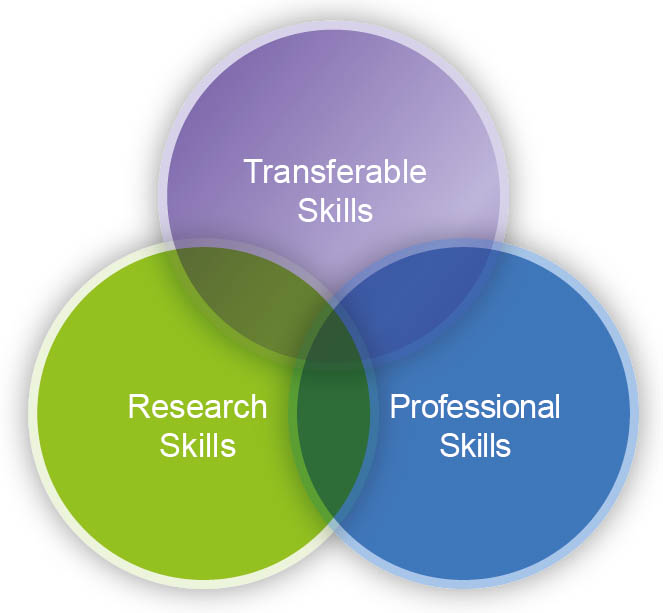.jpg)
a) Utilizing Boolean Operators: These logical operators, such as AND, OR, and NOT, can refine your search queries and narrow down your results.
b) Employing Advanced Search Techniques: Utilize search engine operators like quotation marks (" "), asterisks (*), and minus signs (-) to further refine your searches.
c) Evaluating Source Credibility: It’s crucial to assess the trustworthiness of your sources. Consider factors like author credentials, publication date, and website reputation.
d) Recognizing and Avoiding Bias: Be aware of potential biases in your sources and strive for a balanced perspective.
e) Engaging with Research Communities: Participate in online forums, research groups, and conferences to stay abreast of current research trends and engage in discussions with experts.
4. Actionable Insights for Developing Digital Research Skills
Here are some actionable steps you can take to improve your digital research skills:
a) Start with a Clear Research Question: Before diving into the digital landscape, clearly define your research question to guide your search.
b) Explore Different Resources: Don’t limit yourself to just one search engine or database. Explore a variety of options to broaden your search horizons.
c) Practice Regularly: Consistent practice is key to developing proficiency in digital research.
d) Seek Feedback and Guidance: Don’t hesitate to seek feedback from professors, librarians, or experienced researchers to refine your research skills.
5. The Future of Digital Research
The digital research landscape is constantly evolving, with new technologies and tools emerging regularly. Some key trends to watch:
a) Artificial Intelligence (AI): AI-powered tools are transforming research, automating tasks, and offering insights from vast datasets.
b) Open Science: The movement towards open access and collaboration is making research more accessible and transparent.
c) Data Visualization and Storytelling: Presenting research findings in engaging and visually appealing ways is becoming increasingly important.
Conclusion: Embracing the Power of Digital Research
Developing strong digital research skills is essential for success in today’s information-driven world. By leveraging the tools and resources outlined in this blog post, you can enhance your ability to navigate the digital landscape, extract meaningful insights, and contribute to the advancement of knowledge.
Remember, digital research is an ongoing journey. Embrace the challenge, stay curious, and continuously refine your skills to thrive in this dynamic and evolving field.
Closure Academic Resources: Tools for Developing Digital Research Skills
Thus, we hope this article has provided valuable insights into Academic Resources: Tools for Developing Digital Research Skills. We hope you find this article informative and beneficial. See you in our next article!
Related Articles: Academic Resources: Tools for Developing Digital Research Skills
- The Role Of Academic Resources In Professional Development
- How To Use Academic Resources To Enhance Peer Review Processes
- Academic Resources: Tools For Developing Critical Digital Literacy
- How To Use Academic Resources To Enhance Virtual Learning Environments
- How To Use Academic Resources To Enhance Critical Pedagogy
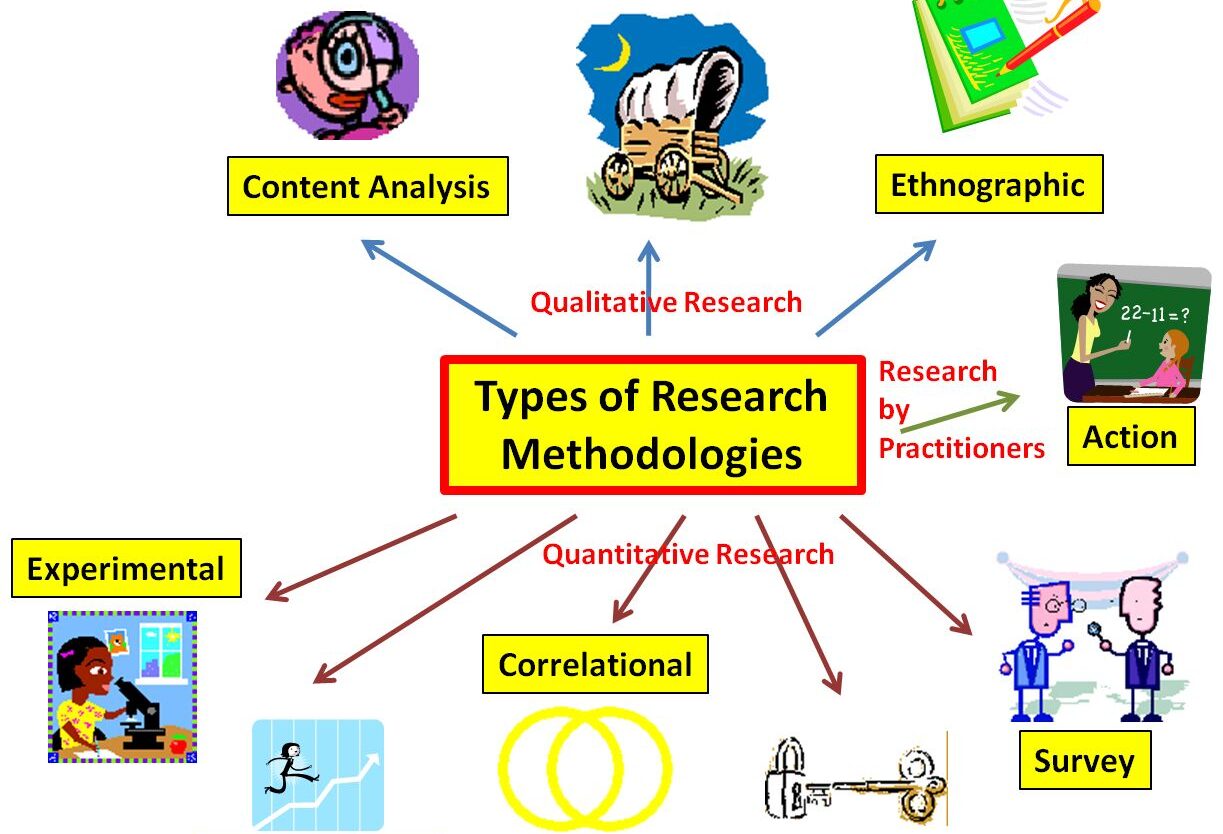
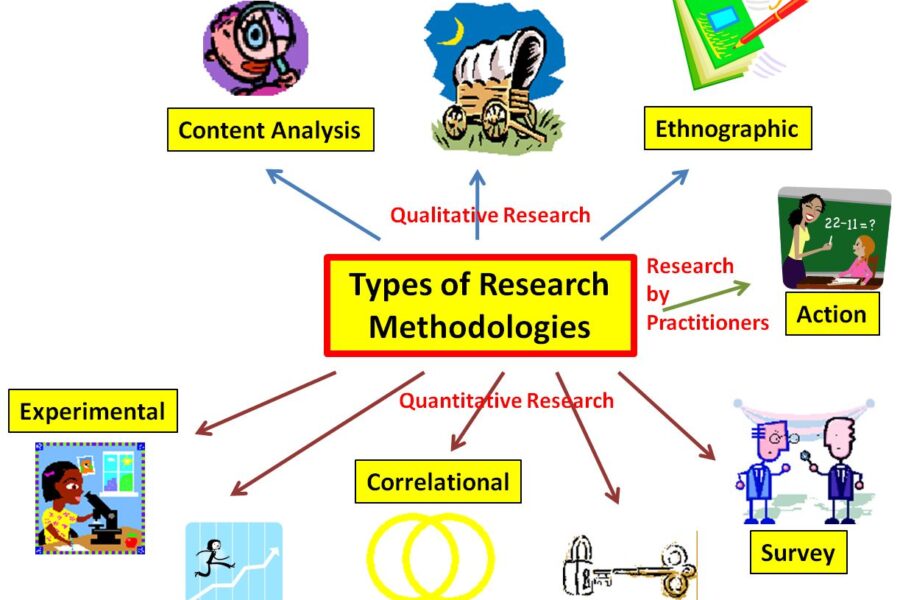

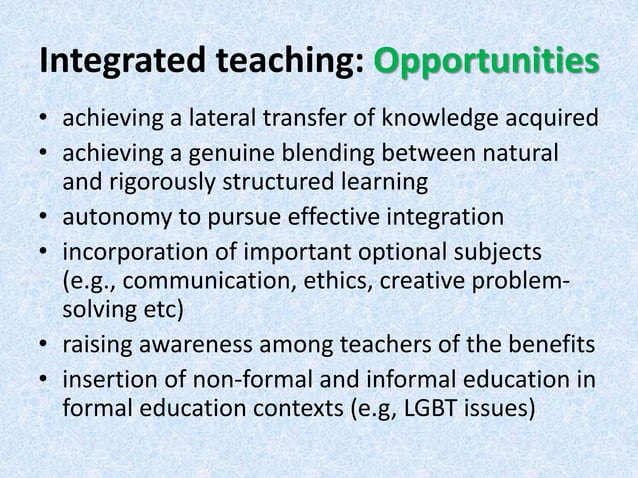
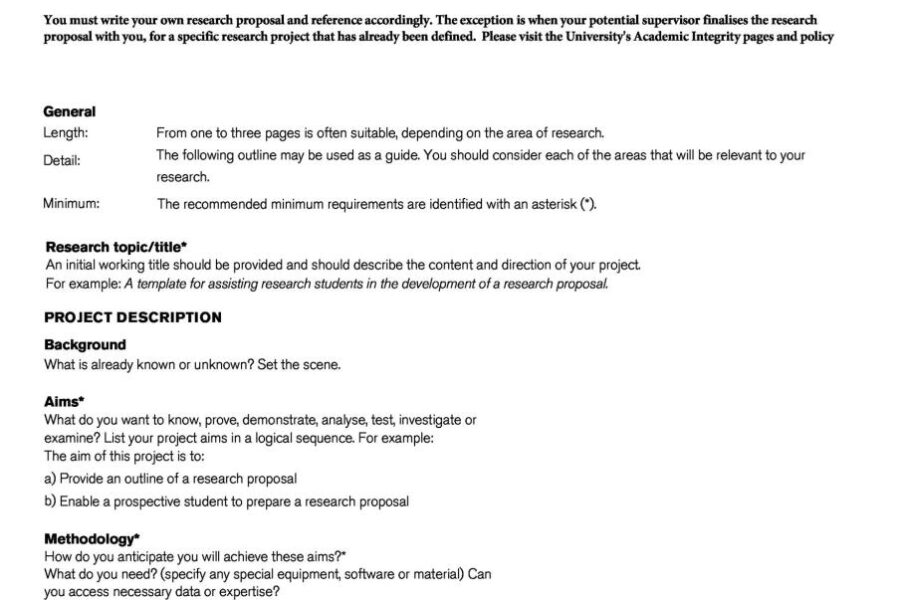
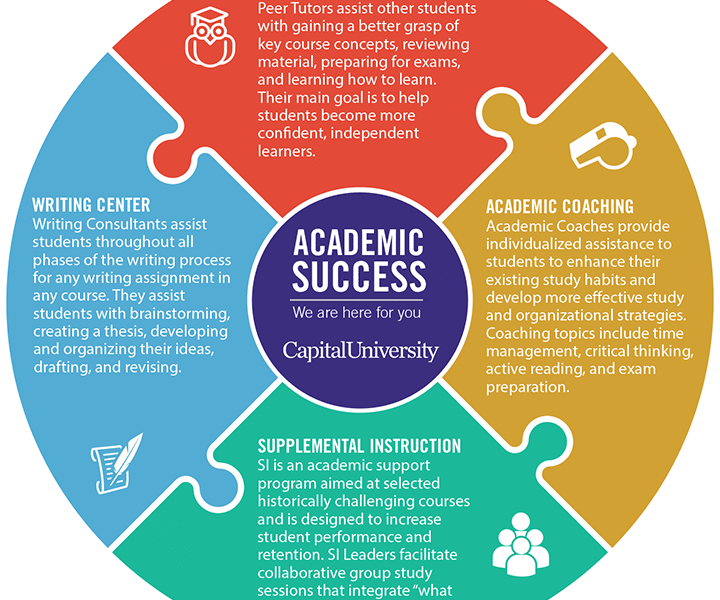
Leave a Comment